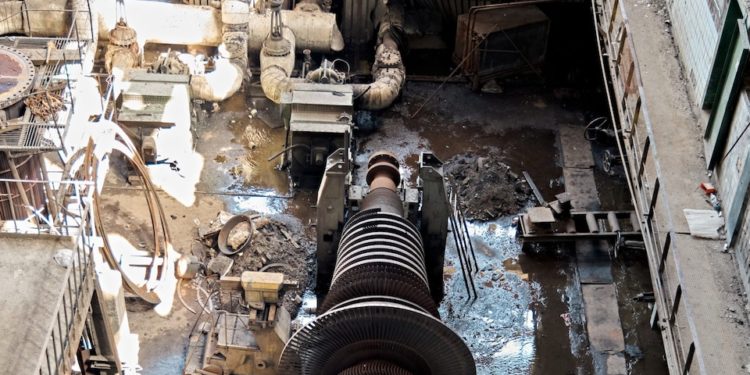TELEGRAPH
Ukraine’s biggest private power company has called on Britain and other Western allies to send equipment that will keep the lights on after Russian bombing destroyed most of its coal plants.
DTEK, which supplies one fifth of Ukraine’s electricity using six coal-burning plants, is seeking kit worth a total of $350m (£275m), including generators, turbines, transformers and circuit breakers.
The appeal – part of its “fight for light” campaign – follows heavy bombardment by Russia that has wiped out 90pc of the company’s coal generation capacity since March.
There is another frontline in the war in #Ukraine.
Between #energy workers who heat homes and light streets and russian #missiles that destroy power stations and bring only darkness.
After relentless russian attacks in the last two months, Ukraine’s energy workers face a… pic.twitter.com/zXW1lsTMS7
— DTEK Group (@dtek_en) May 13, 2024
After five waves of missile and drone strikes, all of DTEK’s plants across east and west Ukraine have been severely damaged. The damage done to individual sites cannot be revealed for security reasons.
A company spokesman said Russia’s tactics have involved overwhelming air defences and even striking power station turbines with highly accurate and manoeuvrable missiles.
In response, Ukraine has been importing more electricity from Europe but it has still been forced to ration power in many areas.
The impact on large industrial businesses that are supporting the war effort has been particularly severe, for example steel makers.
That has prompted some to switch their operating hours to nighttime when demand from elsewhere is lower, but many still face power shortages of 20pc to 30pc.
DTEK’s chief executive Maxim Timchenko said: “The destruction since March is worse than anything we’ve seen since the full-scale invasion, but I’m confident we can overcome these attacks.
“We have a clear plan and our teams on the ground are working around the clock.
“Now we need our friends and allies to step up with equipment and funding to do this before winter, along with the air defences to stop this happening all over again.”
Meanwhile, DTEK engineers are also scouring derelict Soviet-era power plants in countries such as Romania, Germany and the Baltics for parts that can be sent home to patch up similar equipment still used by the company.
The company is scrambling to assemble the kit it needs and make the necessary repairs ahead of Ukraine’s next winter heating season, which typically starts in mid October – or in about 21 weeks.



